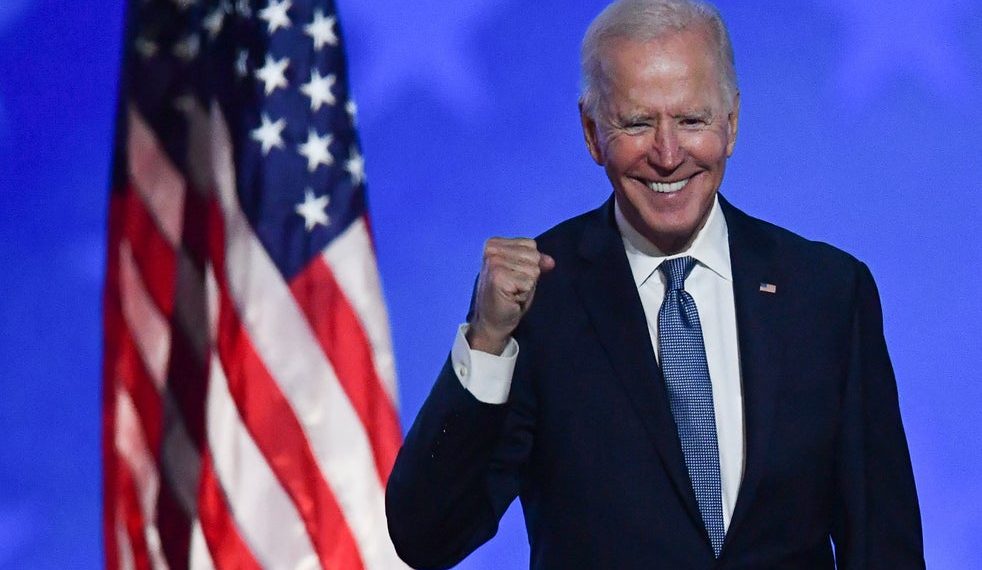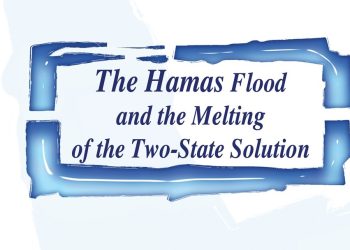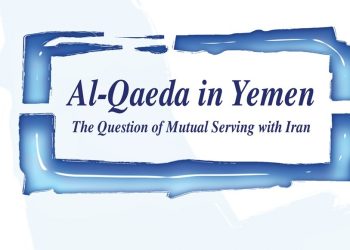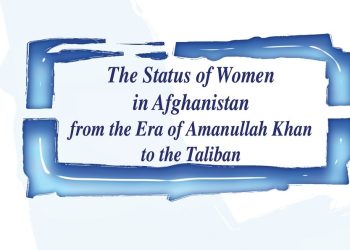One year ago, celebration spread across the West and large swaths of the Middle East at the signing of the Abraham Accords. The fruition of quiet diplomacy, the peace agreement between Israel and the UAE, shepherded by Washington, represented the union of a mutual commitment to a more secure and prosperous region, free of the debilitating conflicts of the past. As far as the United States was concerned, it heralded the union of Washington’s values and its interests.
Recent days have given rise to developments of a fundamentally different, and starker, sort. As the Taliban consolidates its control of Afghanistan, Washington and the international community have been faced with the prospect of opening diplomatic relations with a movement that not only embraces, but embodies, the region’s most regressive tendencies. Few would have predicted this outcome, and fewer still desired it.
Although Washington’s support for the Abraham Accords and its diplomatic engagement with the Taliban would seem to be in tension, if not cross-purposes, the two largely operate on different planes. As the State Department’s communique welcoming the Accords declared, “We seek tolerance and respect for every person in order to make this world a place where all can enjoy a life of dignity and hope, no matter their race, faith or ethnicity. In this spirit, we warmly welcome and are encouraged by the progress already made in establishing diplomatic relations between Israel and its neighbors in the region under the principles of the Abraham Accords.” By contrast, engaging the Taliban is a matter of direst necessity. The presence of thousands of Americans left behind by the evacuation means, in the words of one observer, that the U.S. “must now effectively rely on its enemy.”
Initial responses by American leaders have offered testament to the extent of the confusion gripping the capitol. When asked whether Washington would recognize a Taliban government, State Department Spokesman Ned Price said, “We are still taking stock of what has transpired over the past 72 hours and the diplomatic and the political implications of that.” Others found it difficult to orient themselves towards the new state of affairs. Amidst U.S. forces’ flight and the Afghan government’s dissolution, Speaker of the House Nancy Pelosi’s office issued a statement urging “the U.S., the international community and the Afghan government [to] do everything we can to protect women and girls from inhumane treatment by the Taliban,” and seeming to threaten the victorious Taliban with scorn alone: “the Taliban must know that the world is watching its actions. We are deeply concerned about reports regarding the Taliban’s brutal treatment of all Afghans, especially women and girls.”
For such concerns to meet a welcome reception in Kabul, the Taliban would have to undergo a fundamental ideological and behavioral moderation. As Slate’s Joshua Keating put it, “The optimistic view in the lead-up to the U.S. withdrawal was that the Taliban did not want to repeat the experience of the 1990s and would therefore somewhat moderate its behavior in order to win some kind of acceptance from the international community.” The Taliban’s media arm are assiduously cultivating such (admittedly faint) hopes. Suhail Shaheen, a spokesman and negotiator for the self-styled Islamic Emirate of Afghanistan, told The Associated Press that the Taliban would soon begin to hold talks aimed at forming an “open, inclusive Islamic government.”
Unfortunately, while the prospect of “moderate” Islamist governments has long been heralded by some Western observers and policymakers keen to find an interlocutor willing and able to abide by international norms, the actual record of Islamist governance furnishes little grounding for such glad tidings. From Iran to Yemen, from Syria to Somalia, and beyond, Islamist rule has led to increased internal strife and greater conflict with Islamists’ neighbors, as well as a deepening of political repression and economic decline. The Islamic Emirate of Afghanistan is unlikely to buck the trend.
Charting a more viable path forward requires clarity on what went wrong in the American war effort to begin with. While U.S. forces had little trouble defeating Taliban fighters on the battlefield, they struggled and ultimately failed to partner with Afghanis in building viable, self-sustaining institutions or a culture supportive of them. Since its inception, the Afghan government, military, and police suffered from endemic forms of corruption that sapped their strength and their popular legitimacy. Had the American project in Afghanistan resourced a more substantial effort towards inculcating a culture of lawfulness and professional integrity within Afghan security services — as well as supporting a broader culture of tolerance and empathy of the sort now often derided as “nation-building” — they might well have had the popular support to withstand the Taliban offensive.
This point must be stressed, both to the American public and its policymakers. Though the war in Afghanistan has been lost, it is not too late to challenge the ideological underpinnings of the Taleban state or empower those Afghanis with a more positive, modern worldview. Some of America’s allies have developed sophisticated soft power capabilities in the realms of media, educational, and religious discourse. These capabilities that will be sorely needed in the years ahead. They should be developed further, in coordination with Washington, as one of the central pillars of a long effort to seed the foundations of a non-Islamist alternative in Afghanistan.














